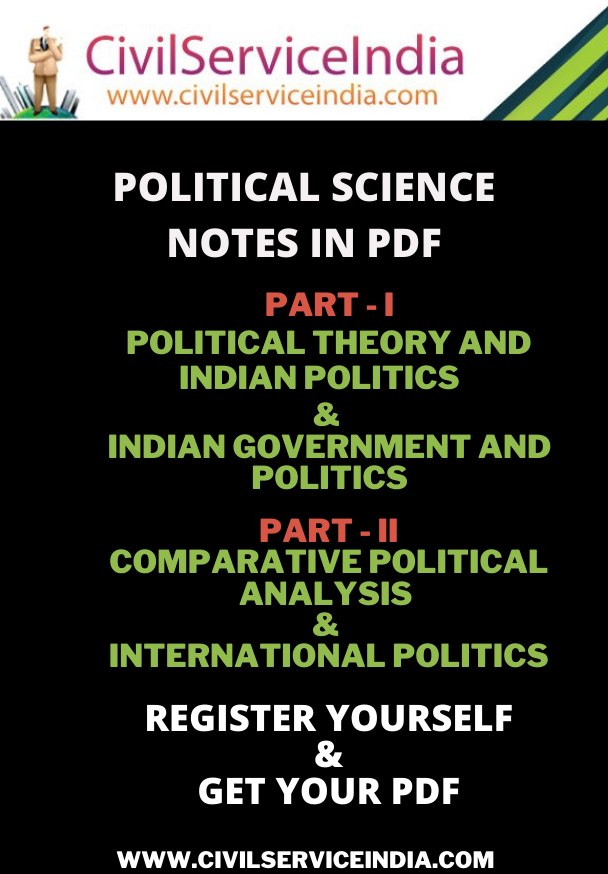
With other sections focusing on the United States and Europe, this part’s chapters center on the study of the developing world. The chapters that follow nicely illustrate and elaborate upon this intimate relationship between the core topics and questions of comparative politics and historical institutionalism. Temporality, in other words, is a key explanatory factor in most of the political processes that abound in comparative politics. Third, the scholars of comparative politics study processes in which the sequence, timing, and pace of events are causally important. The social and political coalitions behind institutional formation and evolution, while at the same time specifying the multiple causal interactions between institutions and their relevant contexts. In fact, a historical institutional approach often unveils Of course, not all do, but the study of institutions calls for a historical approach that can explain their origins, changes, and legacies. The nation-state, political parties, constitutions, electoral systems, and corporatist institutions, among others, are created to last.

Second, as Atul Kohli reminds us in the opening chapter in this part, institutions are wont to endure and historical institutionalism provides valuable analytical leverage to study them. The study of the historical record is thus essential to get the story right.

First, the core political processes of comparative politics, such as state-building, democratization, or party system development, take a long time to unfold. Several reasons explain the close affinity between historical institutionalism and comparative politics.

The chapters compiled by Steinmo, Thelen, and Longstreth in Structuring Politics (Cambridge University Press, 1992), a book that crystallized the historical institutional approach in the discipline, have their center in the comparative analysis of institutions, policies, and ideas across countries. In Political Science, historical institutionalism developed first and foremost in the subfield of comparative politics.


 0 kommentar(er)
0 kommentar(er)
